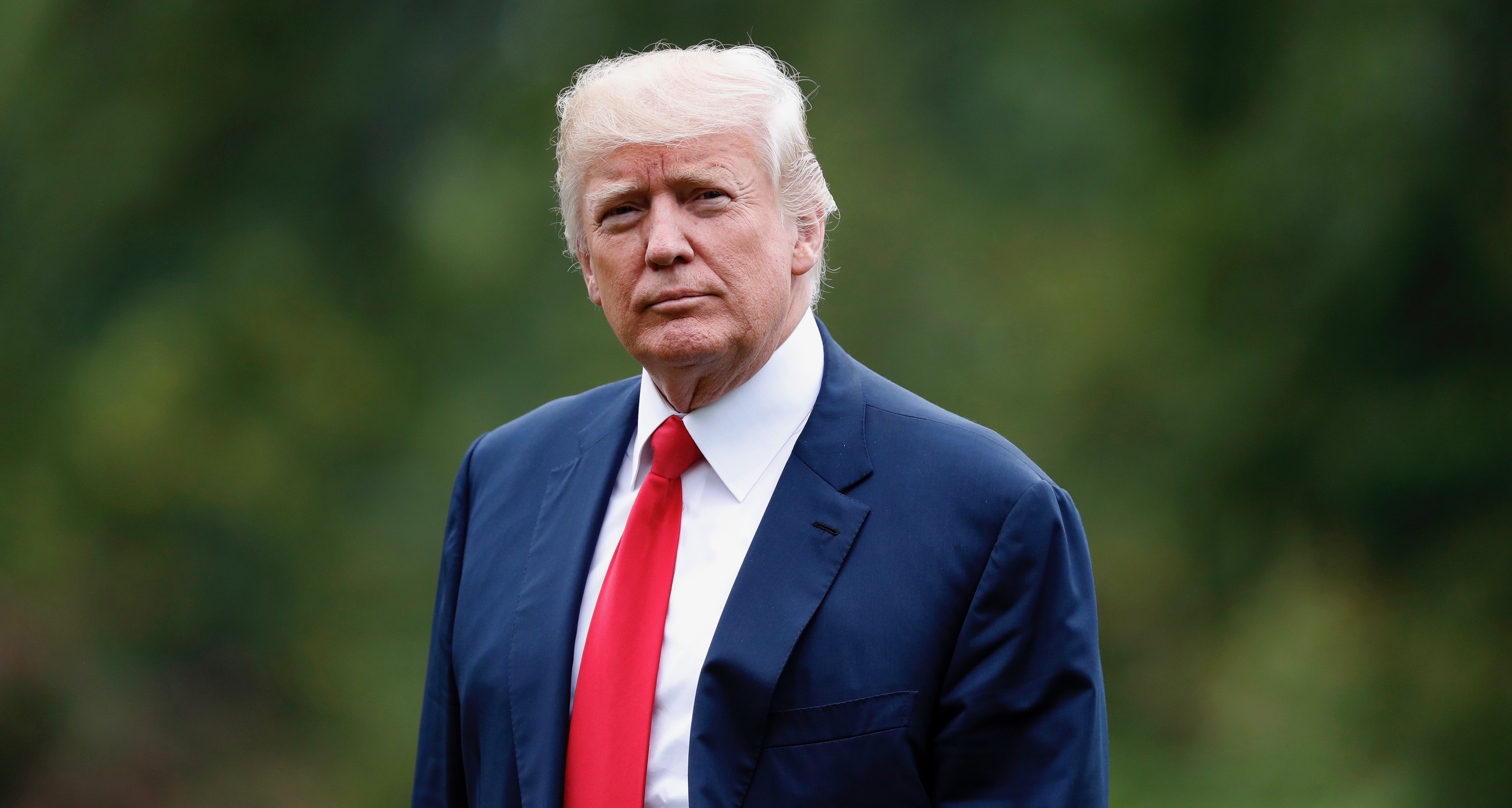After years of learning from his father, Donald Trump embarked on his first solo real-estate venture in the late 1970s. His foray into New York hotels unsurprisingly involved many of the same shady tactics that would go on to characterize his tumultuous and often criminal career. Young Trump developed one of his earliest projects — the Grand Hyatt hotel — in the same fashion that would mark his career: with nefarious connections, a disregard for basic facts, and cheating the public through a 40-year tax break.
Former Mayor of New York, Abe Beame once said, “Whatever my friends Fred and Donald want in this town, they get.” The Grand Hyatt development was no different — but how exactly did Trump avoid paying taxes?
Shortly after purchasing stake in what was formally the Commodore Hotel, soon to be rebuilt as the Grand Hyatt, Trump made what would also soon become one of his catchphrases: a deal. A tax-exempt city agency bought the site of the hotel and then leased it back to Trump for $1 a year, allowing Trump to completely bypass paying property taxes for 40 years. Trump and his father’s close ties with Mayor Beame and other city officials, largely through sizable campaign donations, undoubtedly contributed to this exclusive deal.
The extent of Trump’s scheming doesn’t stop there however. A 1989 review of the property by the New York City auditor general found that Trump and the Hyatt owed the city $2.9 million. By implementing “aberrant and distortive” accounting methods, Trump and the hotel avoided paying the whole of their dues. The hotel provided a number of excuses, including damaged, lost, and inaccessible ledgers. In the end they only paid $667,155.
Trump’s first business venture, and the manner in which he approached taxes, serves as a blueprint for the remainder of his career and presidency. From the beginning, Trump has capitalized on his families connections, manipulated facts, avoided paying what he owed, and, most importantly, rose to the top by stepping on the American people.
Taxes
As president, Donald Trump has lowered taxes for himself — at the expense of millions of Americans — and advocated for subsidies and policies that favor his business interests across the country. He refuses to release his own tax returns. What is he hiding?
